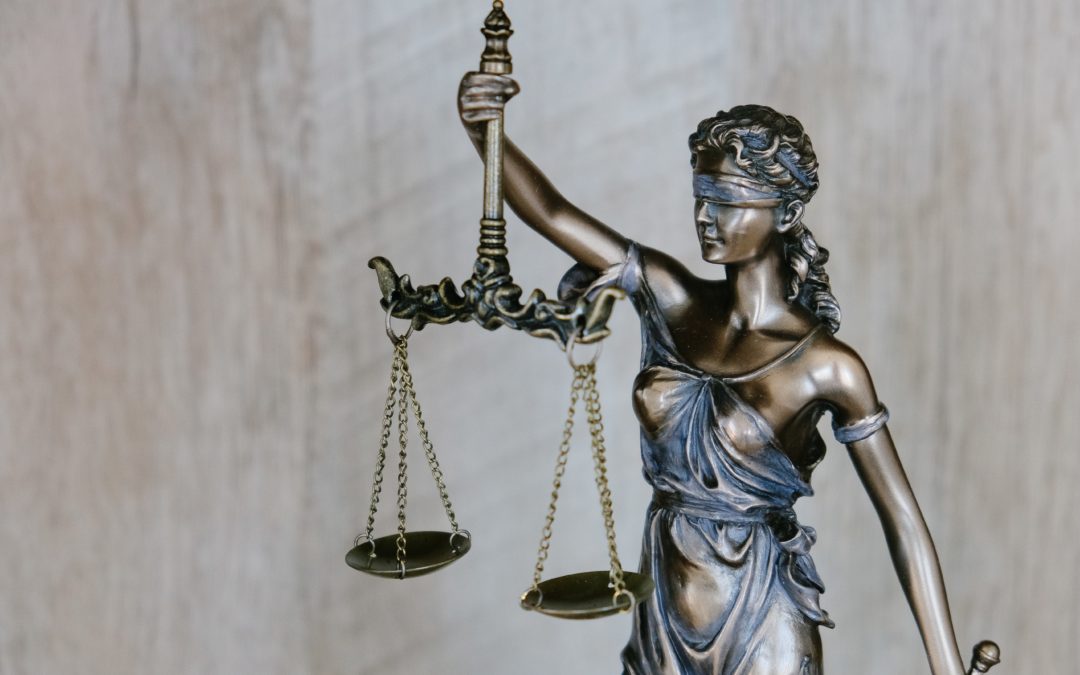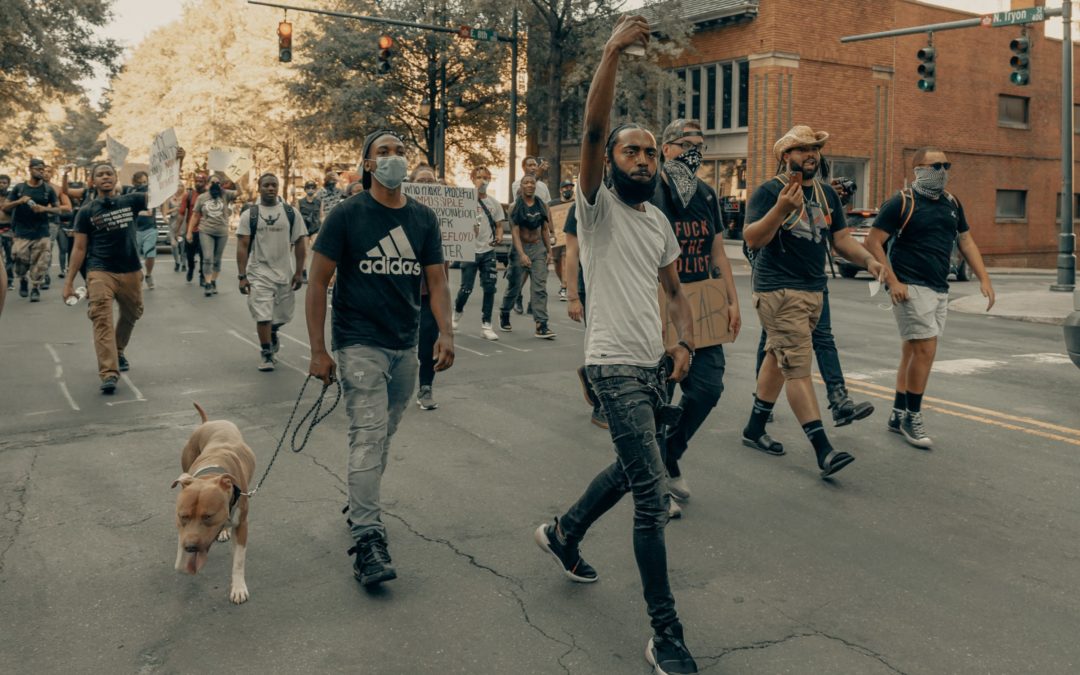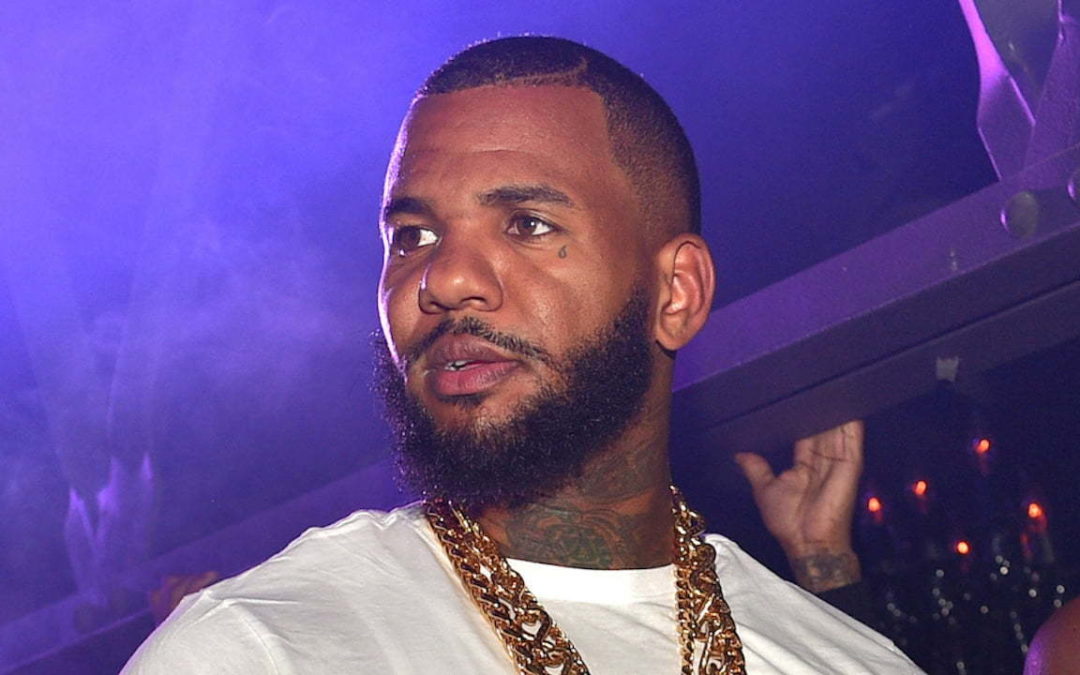
by Laghe Andrews | Dec 13, 2023 | Latest, Social Justice |
Photo by Mayer Tawfik on Unsplash
In a society where racial equality and social justice are at the forefront of discussion, allegations of racial discrimination are serious and can have severe consequences. This article examines the case of a well-known US crane operator, TNT Crane & Rigging, which found itself in hot water over accusations of racial discrimination, harassment, and retaliation.
The Accusations
Four African-American employees at TNT Crane & Rigging came forward with claims of racial discrimination and harassment. The victims, namely Edwin Crayton, Lorenzo Smith, Freddie Campbell, and Jason Pradia, reported experiencing racial slurs and witnessing hate symbols at their workplace.
“The EEOC will continue to robustly enforce the law to ensure equal opportunity in the construction industry, and every industry.” – EEOC Chair Charlotte A. Burrows
The Lawsuit
In response to these serious allegations, the U.S. Equal Employment Opportunity Commission (EEOC) filed a lawsuit against TNT Crane & Rigging in August. The federal agency stated that the complaints and evidence presented by the four employees were sufficient to warrant a formal legal investigation into the company’s practices.
The Alleged Incidents
Some of the incidents reported by the employees include demeaning comments, offensive nicknames, and even physical threats. Lorenzo Smith, a crane operator, recalled an episode where a field manager used a racial slur when Smith requested additional help for a task. Similarly, truck driver Freddie Campbell discovered that his colleagues had given him a racially offensive nickname, while Jason Pradia, a rigger, shared that a white coworker had made a racially charged comment about his work ethic.
The Retaliation
The situation escalated when the employees reported these incidents to the management. Instead of receiving support, they claimed they were met with retaliation. Alleged acts of retaliation ranged from threats and physical assault to damage of personal property, such as flattening of tires.
Witness Testimonies
Interestingly, it wasn’t just the victims who reported these incidents. A white employee, Nathan Cook, also claimed to have witnessed the harassment. Upon reporting it, he too faced retaliation, including physical assault and derogatory labels.
EEOC’s Role in the Matter
The EEOC, which specializes in enforcing federal laws that make it illegal to discriminate against a job applicant or an employee, has taken up this case with the aim of ensuring equal opportunity in the construction industry.
The Impact of the Case
This case has brought to light the disturbing reality of racial discrimination and harassment in the construction industry. As the industry experiences a boom due to federal investments, it is crucial that companies foster a work environment that is free from discrimination and harassment.
The Road Ahead
As the legal battle unfolds, it is clear that this case has far-reaching implications. It serves as a stark reminder to all industries about the importance of creating a racially inclusive and respectful workplace.
Conclusion
The lawsuit against TNT Crane & Rigging emphasizes the role of regulatory bodies like the EEOC in ensuring a discrimination-free workplace. It also highlights the importance of standing up against racial discrimination and fostering a culture of respect and equality.
This is a developing story, and we will bring you updates as they unfold.

by Derrick T Lewis | Nov 6, 2023 | Latest, Music News |
G Herbo, a prominent figure in the music industry, has recently found himself embroiled in a tumultuous legal battle against his former manager and record label. Allegedly, the artist claims he’s owed an enormous $40 million due to what he perceives as years of “injustice and one-sided transactions”.
According to the initial reports by AllHipHop, G Herbo alleges he’s owed a hefty sum of $40 million. This figure is broken down into $20 million for alleged defamation and another $20 million for an alleged breach of fiduciary duty. These allegations stem from his tenure under the management of Joseph “JB” Bowden, the co-founder of Machine Entertainment.
Unfair Deals and Fiduciary Failure
Herbo’s legal team argues that his “lack of knowledge” about the music industry was exploited, starting when he was just a minor. Bowden, Herbo’s former manager, is accused of ensuring that G Herbo would have “no access” to the money he earned. It’s further alleged that Bowden intended to render Herbo “forever indebted” to him and the label.
Machine Entertainment’s Rebuttal
In response to G Herbo’s claims, Machine Entertainment alleges that Herbo owes them more than $8 million. However, Herbo has vehemently disputed this figure. The ongoing saga continues to evolve, with both parties standing firm in their respective positions.
Release Agreement Controversy
G Herbo aims to hold the defendants to a release agreement from August of this year. He alleges that Bowden and his company have tried to evade this agreement by making allegations of being “threatened with guns and violence”. According to Herbo’s lawyer, these allegations are nothing more than “outright lies”.
New Music Amid Controversy
Despite the ongoing legal battle, G Herbo continues to make music and recently collaborated with SheedTs on a revised version of the track “Remember,” featuring a video directed by Diesel Films.
Conclusion
While the legal proceedings are far from over, the case has certainly shone a spotlight on the darker aspects of the music industry. G Herbo’s story serves as a stark reminder of the importance of proper management and fair deals for artists, young and old alike.
As the artist himself said, it’s crucial to stand your ground and fight for what’s right, and only time will tell how this legal battle will unfold.

by Laghe Andrews | Oct 20, 2023 | Latest, Music News, New Music Alert |
Renowned artist Pras, known for his work with Lauryn Hill and The Fugees, is reportedly seeking a retrial, raising allegations against his legal team. In a motion submitted for a new trial, Pras alleges that his representation was ineffective, with his trial counsel, David Kenner, being singled out for criticism.
“Pras was found guilty in connection with undisclosed lobbying campaigns involving several individuals.”
In April, Pras was convicted in relation to undisclosed lobbying campaigns. He is currently touring with Lauryn Hill, celebrating the 25th anniversary of the classic album, The Miseducation of Lauryn Hill.
Accusations Against Legal Counsel
Ignoring Defenses and Failing to Object to Testimony
Kenner, according to Pras’s allegations, overlooked almost every viable defense and failed to challenge damaging and inadmissible testimony.
Use of AI in Drafting Closing Arguments
Furthermore, Pras alleges that Kenner utilized an experimental artificial intelligence (AI) program to compile the closing argument. Pras claims that this usage of AI resulted in him not receiving the best possible arguments.
In addition to the aforementioned points, the motion for a new trial suggests that Kenner and his co-counsel may have had a financial interest in the AI program used. This undisclosed financial stake is seen as a clear conflict of interest.
From the Court Documents
The court documents provide further insight into Pras’s allegations:
“It is now apparent that Kenner and his co-counsel appear to have had an undisclosed financial stake in the AI program, and they experimented with it during Michel’s trial so they could issue a press release afterward promoting the program—a clear conflict of interest.”
The use of AI in legal practice isn’t a new phenomenon. However, its application has raised questions about transparency, ethics, and the quality of representation provided.
As the case unfolds, it remains to be seen how the court will respond to Pras’s motion for a new trial. The outcome has potential implications not only for Pras and his legal team but also for the broader use of AI in legal practice.
The case involving Pras and his legal team brings to light the complexities of using AI in legal proceedings. It raises pertinent questions about ethical issues, transparency, and the effectiveness of legal representation. The outcome of this case could potentially shape the future use of AI in the legal field.

by Jonathan P-Wright | Jul 27, 2023 | Latest, Social Justice |
Photo by Clay Banks on Unsplash
The US Education Department has launched an investigation into Harvard University’s legacy admissions practices following allegations of discrimination. The inquiry was prompted by a complaint filed by a civil rights group, raising concerns about fairness and equity in the admissions process at the prestigious Ivy League institution.
Legacy admissions refer to the practice of giving preferential treatment to the children of alumni during the college admissions process. While legacy preferences have been a longstanding tradition at many universities, they have also faced criticism for perpetuating privilege and reinforcing inequities in higher education.
Harvard University, like other institutions, has faced scrutiny over its legacy admissions policies in recent years. The civil rights group’s complaint brought attention to the potential discrimination against applicants from underrepresented and marginalized backgrounds, who may face barriers in gaining admission compared to legacy applicants.
The US Education Department’s investigation aims to determine whether Harvard’s legacy admissions practices comply with federal laws and uphold principles of equal opportunity. The examination comes in the wake of a recent ruling by the nation’s highest court, which has implications for affirmative action and diversity in college admissions.
In response to the investigation, Harvard University has taken proactive steps to review its admission policies. A spokesperson for the institution emphasized their commitment to fostering an inclusive and diverse student body, and ensuring that doors to opportunity remain open to students from all walks of life.
The scrutiny over legacy admissions reflects broader debates about access and fairness in higher education. Advocates for reform argue that such preferences can perpetuate intergenerational privilege and limit opportunities for students who do not come from legacy backgrounds.
As the investigation unfolds, the nation will closely monitor the US Education Department’s findings and potential recommendations. The outcome of this inquiry could have far-reaching implications for college admissions practices across the country, influencing how universities approach legacy preferences and their efforts to promote diversity and inclusion.
Harvard’s legacy admissions investigation is part of a larger national conversation about the role of universities in addressing structural inequalities in education. Calls for reform and greater transparency in admissions processes have amplified in recent years, urging institutions to adopt more equitable practices that promote access to higher education for all.
While the investigation focuses on Harvard’s specific practices, its outcome may serve as a catalyst for broader discussions about affirmative action, legacy preferences, and the pursuit of a more just and inclusive higher education system in the United States. The Education Department’s efforts to ensure fair admissions practices align with the nation’s ongoing commitment to fostering equal opportunities for all students, regardless of their background or familial connections.
As the inquiry progresses, it will be essential to strike a delicate balance between honoring institutional traditions and embracing progressive reforms that advance social justice in academia. The future of legacy admissions at Harvard and beyond hinges on finding common ground between tradition and transformation in the pursuit of educational excellence and inclusivity.

by Diontae Bussey | Mar 2, 2021 | WILDE TUNA |
Recently west coast rapper, The Game, has been in the headlines for allegedly scamming unsigned artists. As we dive into the facts, we can see these allegations are completely false and more fake news for attention grabbing, click bait headlines for blogs that will post anything for a dollar amount without fact checking. The Game has opened up his social media platform to offer unique promotional opportunities utilizing his social media platform which has over 11 Million followers and provides services such as intros, outros, audio/video drops, shoutouts and promotion on his instagram and twitter, and a mixtape.
To be able to have The Game perform an audio drop that the consumer can add to their song only enhances their track. Having the game provide video content that a consumer can implement into a music video or utilize to promote oneself is priceless. To be able to get into The Game’s social media feed can’t be done anywhere else, which provides extreme value, especially given his engagements and following. The mixtape is being called a scam but there’s no scam. The consumers are getting placement on his mixtape, and it gets promoted on Soundcloud, Datpiff and Top Mixtapes. The mixtape also gets promoted on The Game’s IG page, which again has 11 Million Followers.
Additionally, those that paid to be on the mixtape also received additional separate promotion in the form of IG Stories and Tweets on the Game’s platforms. The engagements and eyes on The Game’s social media platforms are bigger than most other platforms that charge for promotion. Everyone receives what they pay for, there is no scam. The exposure to these opportunities has a cost, as this is a business, and The Game makes this very clear.








RECENT COMMENTS